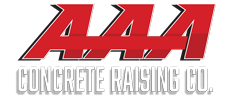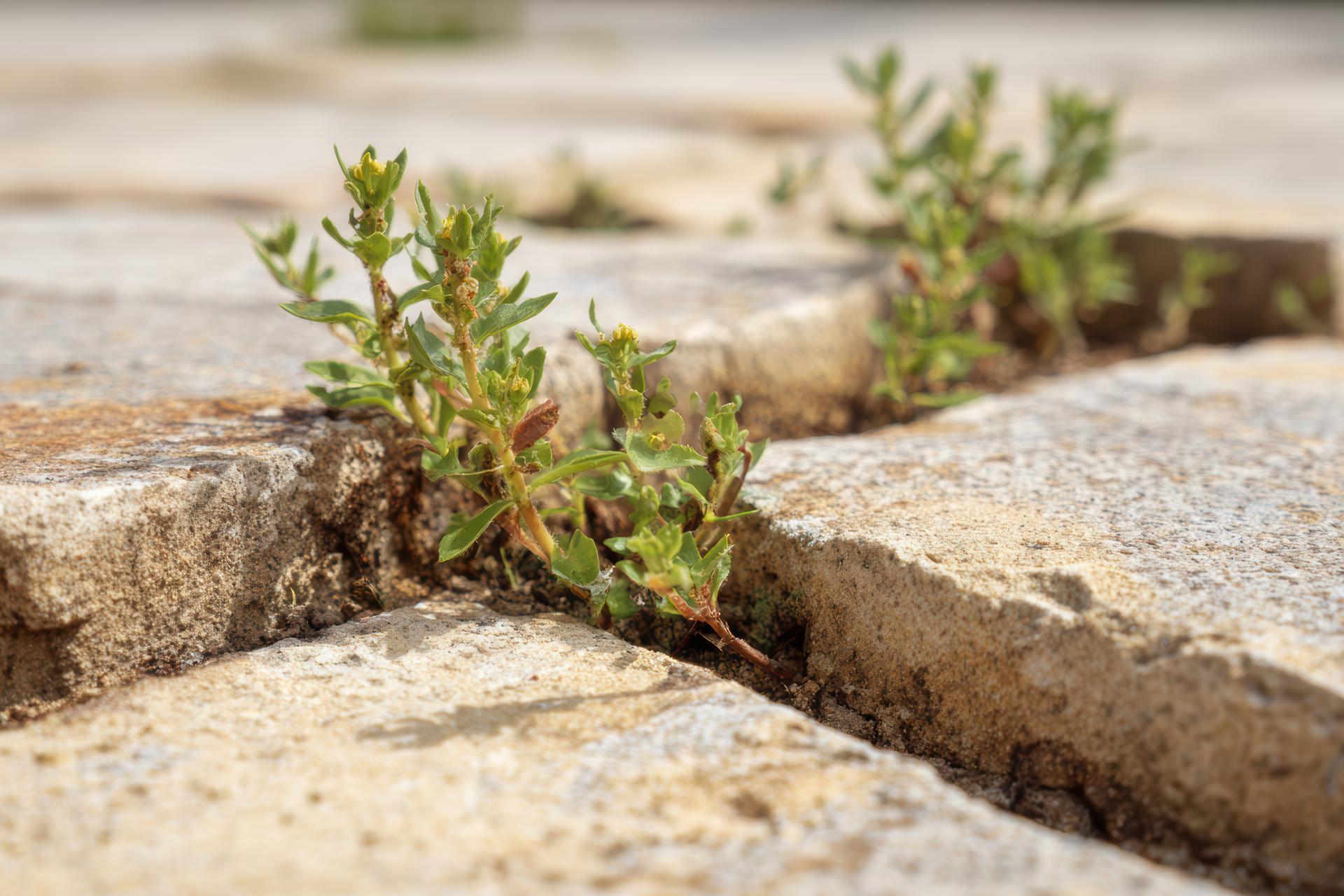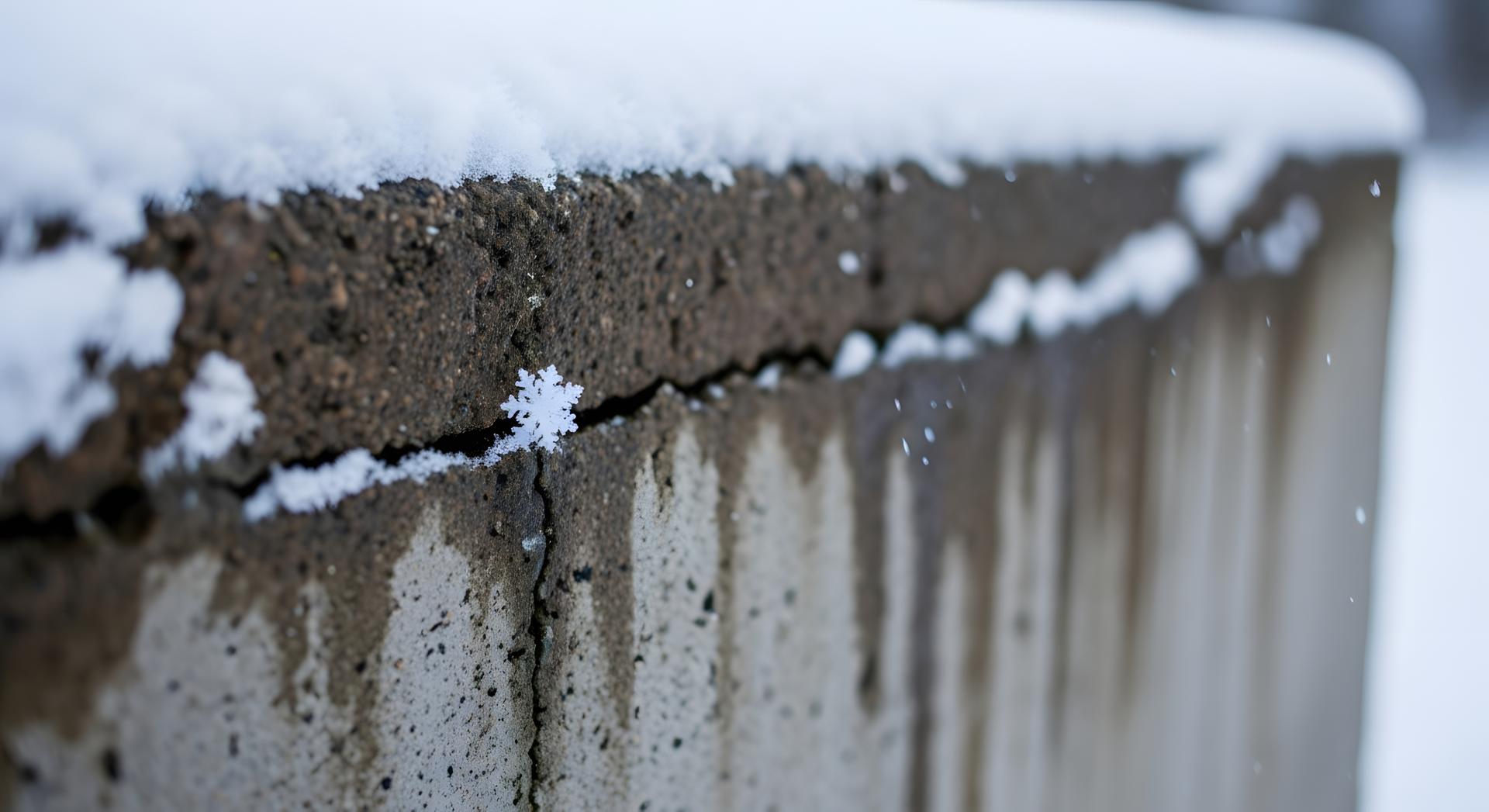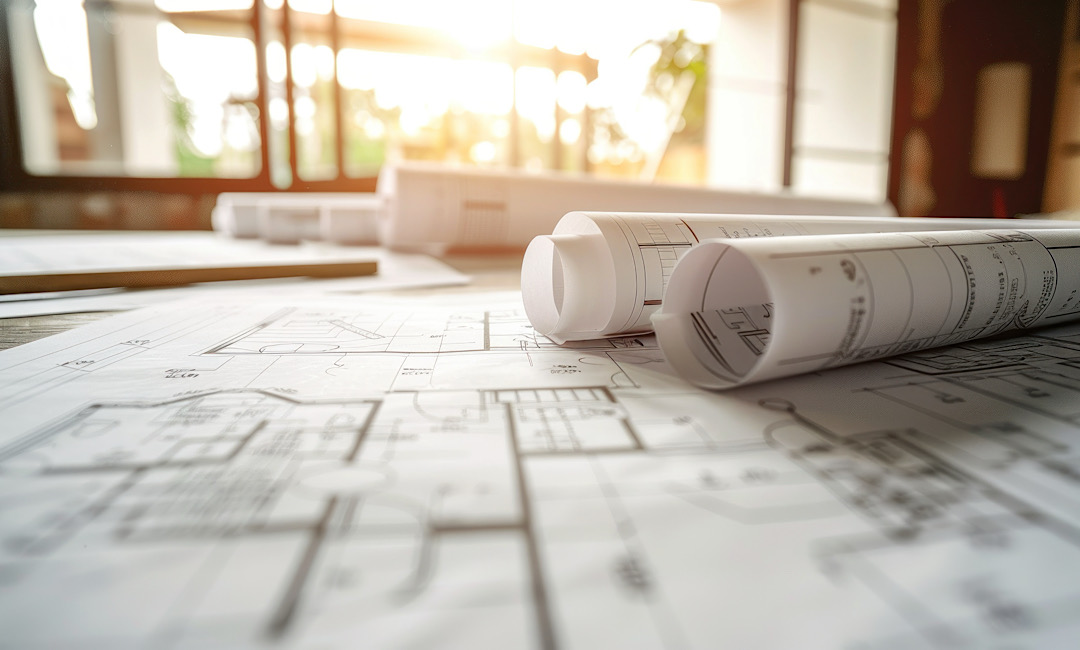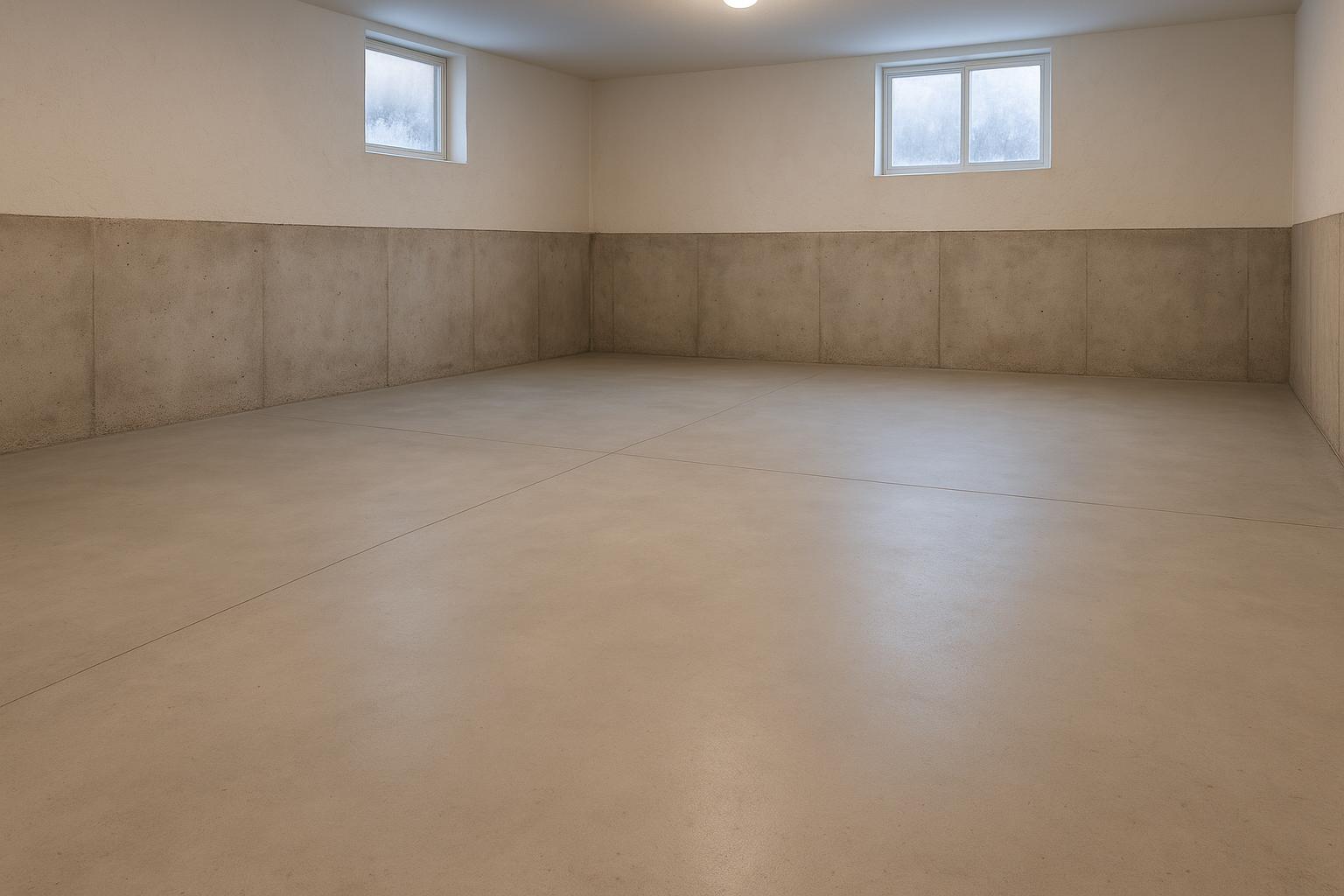Denver’s summers bring intense heat, often exceeding 90°F, which can significantly impact concrete surfaces. While concrete is a durable material, prolonged exposure to high temperatures can lead to expansion, cracking, and surface degradation. Homeowners and property managers must understand these effects and take proactive measures to maintain driveways, patios, and sidewalks during the summer months.
The Impact of Heat on Concrete
Concrete undergoes natural expansion and contraction due to temperature fluctuations. In Denver, where the climate shifts from hot days to cooler nights, this cycle can accelerate wear and tear.
Thermal Expansion and Cracking
Concrete expands when exposed to heat, and when it has no room to expand, it can crack under pressure. At night, as temperatures drop, the material contracts, creating stress points that lead to fractures. Over time, these cracks widen and allow moisture infiltration, further weakening the structure.
Surface Scaling and Spalling
High temperatures combined with direct sunlight can cause the top layer of concrete to deteriorate, leading to scaling (flaking of the surface) and spalling (deeper chipping). This is exacerbated by poor finishing techniques, water evaporation, and rapid drying during installation.
Moisture Loss and Weakening
Concrete needs proper hydration to maintain its strength. During hot summers, excessive heat and dry air cause rapid moisture loss, leading to a weaker surface. If the concrete is not properly cured, this can result in premature degradation.
Preventing Concrete Damage in Hot Weather
Regular maintenance and preventive measures can extend the lifespan of your concrete surfaces. Here’s how to protect your driveway, patio, and sidewalks from summer heat damage:
Keep Concrete Hydrated
One of the easiest ways to reduce heat-related damage is by keeping your concrete cool and hydrated.
- Periodic Watering: Lightly spraying water over your driveway or patio in the morning and evening can slow moisture loss and minimize cracking.
- Curing Compounds: If you’ve recently installed concrete, apply a curing compound to retain moisture and promote strength development.
Use Expansion Joints to Reduce Stress
Expansion joints help concrete absorb movement caused by temperature fluctuations.
- Inspect Existing Joints: Ensure they are not clogged with debris or deteriorating.
- Add New Joints if Needed: If your concrete was poured in large slabs without adequate joints, consider having a professional cut expansion line.
Apply a Quality Concrete Sealer
Sealing concrete creates a protective barrier against heat, moisture loss, and UV damage.
- Choose the Right Sealer: Use a penetrating sealer for driveways and a decorative sealer for patios.
- Apply Every 2-3 Years: Resealing enhances durability and prevents surface damage.
Protect Surfaces from Direct Sunlight
Excessive sun exposure accelerates wear and tear.
- Install Shade Structures: A pergola, canopy, or shade sail can reduce direct heat exposure.
- Use Light-Colored Sealers or Paints: Reflective coatings minimize heat absorption, keeping the surface cooler.
Avoid Overloading Heavy Vehicles
Heat can make concrete more vulnerable to weight-related stress. Avoid parking heavy trucks or equipment on your driveway, especially during peak heat hours.
Repairing Heat-Damaged Concrete
If your concrete has already suffered from heat damage, timely repairs can prevent further deterioration.
Filling and Sealing Cracks
For minor cracks, use a polyurethane concrete crack filler to seal openings and prevent moisture intrusion. This flexible material expands and contracts with temperature changes.
Resurfacing and Patching
For surface scaling or minor spalling, a thin concrete overlay or resurfacer can restore the appearance and function of the slab.
Slab Lifting for Sunken Concrete
If sections of your driveway or sidewalk have shifted due to soil movement beneath the slab, concrete raising (mudjacking or polyjacking) can level the surface without the need for a full replacement.
Why Choose AAA Concrete Raising?
At AAA Concrete Raising, we specialize in protecting and repairing concrete surfaces affected by Denver’s extreme temperatures. Our expert team offers:
- Concrete crack repair and sealing
- Driveway, patio, and sidewalk leveling
- High-quality sealant applications
- Preventative maintenance solutions
Don’t let summer heat ruin your concrete! Contact AAA Concrete Raising today for a free estimate and keep your property in top shape year-round.
